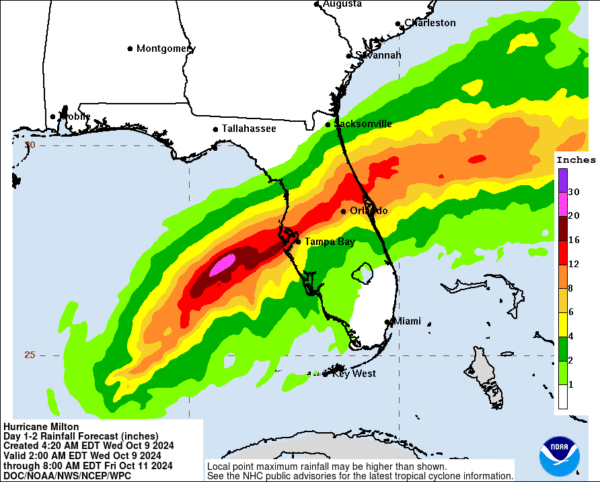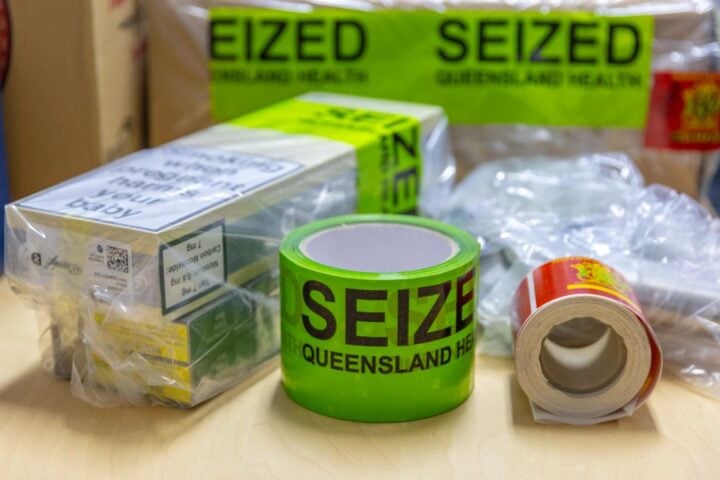The Food and Drug Administration (FDA) has recently upgraded a previous egg recall alert, cautioning consumers about potential severe reactions and even death if the affected products are consumed. This development marks a significant escalation in the ongoing salmonella outbreak linked to eggs from a Midwest supplier.
Initially announced on September 6, 2024, by the Centers for Disease Control and Prevention (CDC), the recall was elevated to Class I status on September 30. A Class I designation indicates that there is “reasonable probability that use of the product will cause serious adverse health consequences or death,” according to the FDA.

Outbreak Details and Health Impact
The CDC reports that 65 individuals across nine states have been infected with the same strain of salmonella connected to eggs supplied by Milo’s Poultry Farms LLC. The infections occurred between May 23 and August 10, 2024. While no fatalities have been reported, the outbreak has resulted in 24 hospitalizations.
Affected Products and Distribution
The recall encompasses all egg types from Milo’s Poultry Farms, including:
- All “Milo’s Poultry Farms” branded eggs (all carton sizes and egg types)
- All “Tony’s Fresh Market” branded eggs (all carton sizes)
- All cases of eggs for retail foodservice distribution
These products were distributed to retailers and food service providers in Wisconsin, Illinois, and Michigan. However, illnesses have been reported in additional states, including Minnesota, Iowa, Virginia, Colorado, Utah, and California.

Recall Specifics
Milo’s Poultry Farms, LLC., located in Bonduel, Wisconsin (about 29 miles north of Green Bay), initiated the recall after the FDA informed the company that environmental samples tested positive for salmonella bacteria. Subsequent whole genome sequencing conducted by the FDA revealed that these samples were related to the ongoing salmonella outbreak investigation.
In response, Milo’s Poultry Farms has halted all production and distribution. The company is currently undergoing “appropriate testing and sanitization of farms and processing equipment,” as stated by the FDA.
Consumer Advice
The FDA and CDC strongly urge consumers who have purchased “Milo’s Poultry Farms” or “Tony’s Fresh Market” branded eggs to refrain from consuming them. Additionally, the CDC advises washing any surfaces that may have come into contact with the recalled eggs using hot, soapy water.
Similar Posts
Health Risks and Symptoms
Salmonella infection can cause serious illness, particularly in young children, elderly individuals, and those with weakened immune systems. Common symptoms include:
- Fever
- Diarrhea (which may be bloody)
- Nausea
- Vomiting
- Abdominal pain
The CDC recommends seeking medical attention if experiencing severe symptoms such as:
- Diarrhea and a fever higher than 102°F
- Diarrhea persisting for more than 3 days without improvement
- Bloody diarrhea
- Excessive vomiting preventing liquid retention
- Signs of dehydration (reduced urination, dry mouth and throat, dizziness when standing)
Treatment Challenges
The CDC has noted that this particular outbreak may be difficult to treat with commonly prescribed antibiotics. Laboratory testing has shown that the strain is resistant to both nalidixic acid and ciprofloxacin, potentially necessitating alternative antibiotic treatments for those affected.
Broader Context
This recall comes at a time when the U.S. Department of Agriculture is implementing new measures to limit salmonella in poultry products. In July 2024, the department announced proposed directives requiring poultry companies to maintain salmonella levels below certain thresholds and test for six particularly harmful strains of the bacteria.
The CDC estimates that salmonella causes approximately 1.35 million infections annually in the United States, resulting in about 420 deaths. The Agriculture Department specifically attributes around 125,000 infections to chicken and 43,000 to turkey each year.
As investigations continue, consumers are advised to stay informed about recall notices and practice safe food handling to minimize the risk of foodborne illnesses.


















